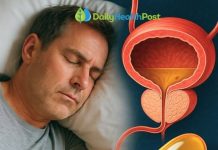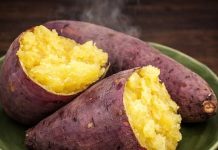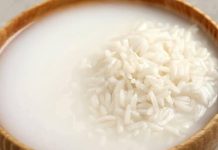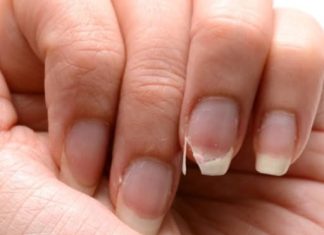Drooling during sleep while somewhat embarrassing is remarkably common. As we drift into deep rest, the muscles around our face and mouth relax, the automatic swallowing reflex slows, and saliva can begin to pool and escape. Sleep position plays a major role: when you lie on your side or stomach, gravity allows saliva to trickle out of the mouth rather than being swallowed. Meanwhile, nasal blockage can force you to breathe through your mouth, which further increases the chance that drool will leak out.
Common Triggers Behind Nighttime Drooling
Sleep posture: Side‑sleeping or stomach‑sleeping makes leaking saliva more likely because of the angle of the head and the relaxation of facial muscles.
Nasal or sinus issues: A blocked nose from allergies, infection or congestion increases mouth breathing, disrupting the usual flow of saliva and clearance.
Gastro‑oesophageal reflux (GERD): Acid reflux can irritate throat and mouth tissues, triggering more saliva production or swallowing difficulty, and that excess may spill out.
Obstructive sleep disorders: Conditions such as obstructive sleep apnea (OSA) can alter breathing patterns and muscle control during sleep, raising drooling risk.
Dental and oral problems: Infections, cavities, ulcers or poorly aligned teeth may stimulate excess saliva or make it harder to control swallowing at night.

Neurological or muscular causes: Disorders that affect muscle tone or nerve signals—like Parkinson’s disease, stroke, cerebral palsy—can compromise the ability to keep saliva in the mouth.
Medications and age: Some medications increase saliva production or reduce muscle control; older adults may drool more due to muscle weakening and slower reflexes.
Diet and lifestyle factors: Eating heavy meals late or consuming spicy/sour foods before bed can stimulate salivary glands, increasing the volume of fluid your throat has to handle.
When Should You Be Concerned?
Most episodes of drooling in sleep are harmless and temporary. But if you experience frequent or sudden onset drooling, especially with other symptoms (such as snoring, pauses in breathing, swallowing difficulty, or visible facial weakness), it’s time to pay attention. Nighttime drooling can lead to secondary issues: irritation of the skin around the lips, bad breath, dental problems, or even difficulty breathing if saliva pools in the throat. If you notice such patterns or underlying health conditions, consulting a healthcare provider is wise.
Practical Ways to Reduce Drooling at Night
Addressing the root cause is the key. Start with simple adjustments:
- Change your sleep position: Sleeping on your back may reduce saliva leakage by keeping your mouth oriented so that gravity favours swallowing rather than drooling.
- Clear nasal airways: Treat allergies, nasal congestion or sinus issues so you can breathe easily through your nose instead of mouth‑breathing at night.
- Manage reflux: Avoid eating large meals late, reduce spicy or acid‑trigger foods, and elevate the head of your bed if acid‑reflux problems persist.
- Check oral and dental health: Regular dental check‑ups can identify infections, ulcers or alignment problems that might increase drooling.
- Review medications and muscles: If you’re on medications that may increase saliva or affect muscle control—or you have a neurological condition—ask your doctor about the risks and possible therapies (such as oral appliances, swallowing exercises or medical treatment).
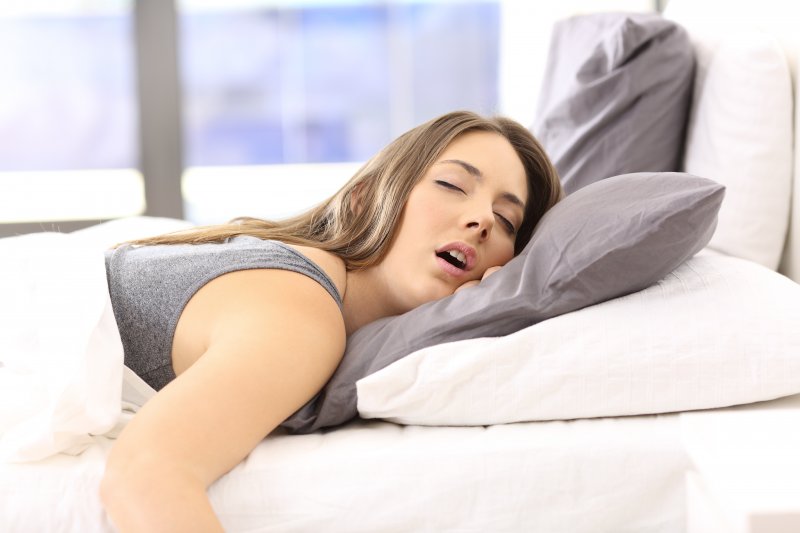
Final Thoughts: More Than Just a Wet Pillow
Drooling in your sleep often feels like a minor inconvenience, but it can provide useful clues about your sleep posture, breathing, oral health or underlying conditions. Improving how you sleep, clearing nasal passages, and addressing diet or reflux issues frequently improve the situation. If drooling persists, impacts your quality of life or appears alongside other symptoms, it may reflect a deeper issue requiring professional guidance. In any case, sleep shouldn’t leave you soggy—so paying attention to why it happens can help you wake up drier, fresher and healthier.





